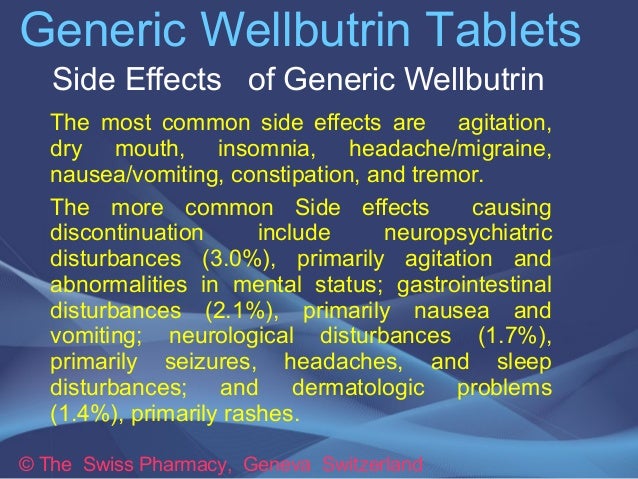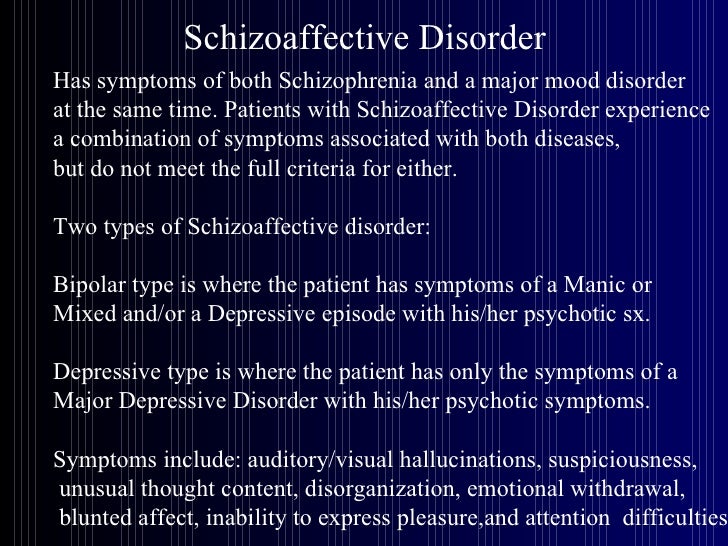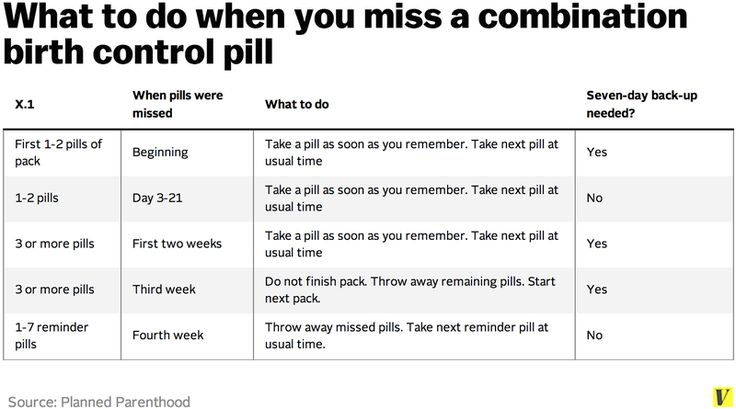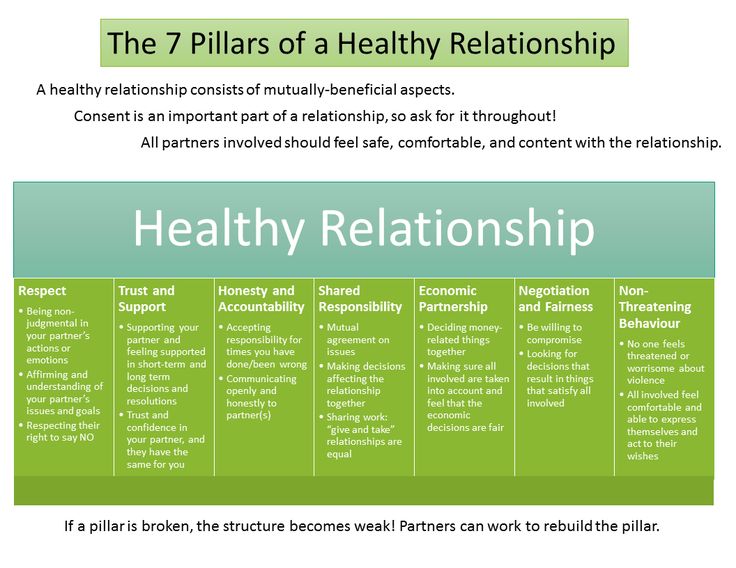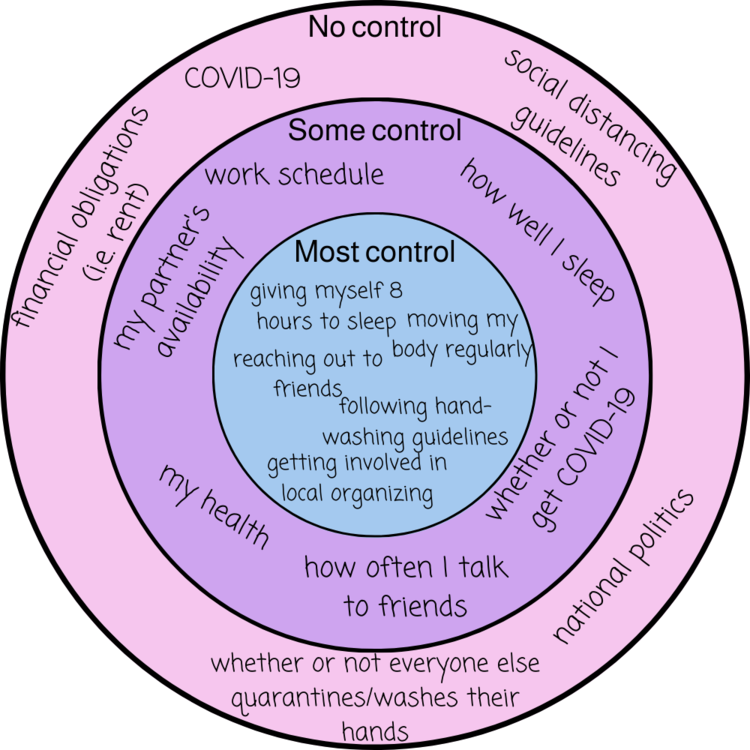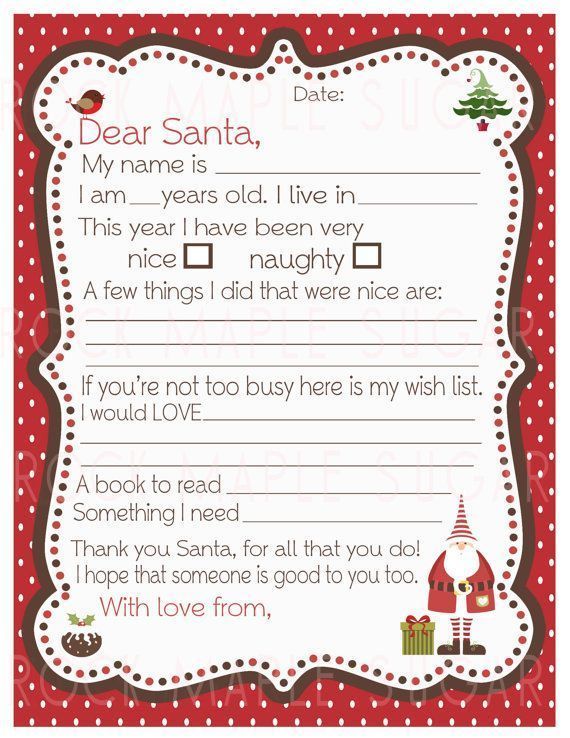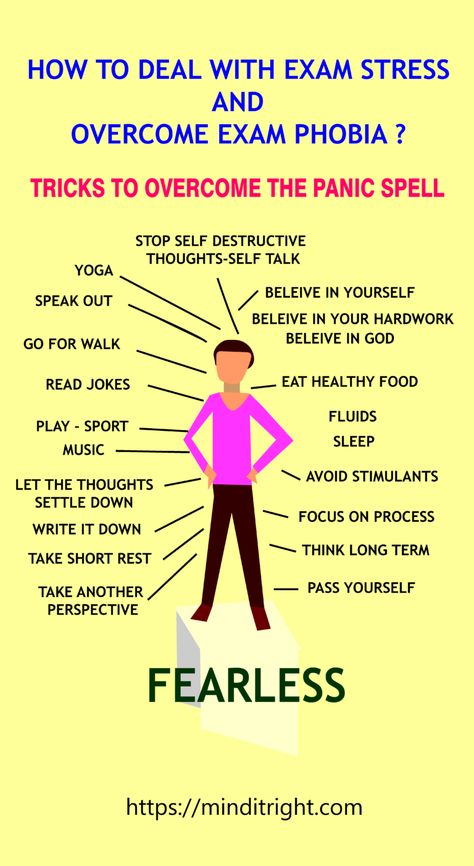Wellbutrin in children
Bupropion (Wellbutrin)
How does this medicine work?
Bupropion (bu-pro-pee-on) is an antidepressant. It regulates the mood by increasing specific brain chemicals. It may be used for:
- depression
- attention deficit and hyperactivity disorders
- anxiety
- quitting smoking
It may also be used to treat other conditions as determined by your doctor.
Bupropion may take up to 12 weeks to build up in the body and produce its fullest effect.
How should I give it?
Bupropion comes in pill form. Your child should take this medicine exactly as prescribed. Give it at regular times every day to keep a steady level in the bloodstream.
Do not stop this medicine without checking with your doctor or nurse practitioner. It should be stopped over a period of time.
___ If your child is taking a short-acting pill, and cannot swallow pills:
- Crush it in a tablet crusher or between 2 spoons, inside a plastic bag, or in folded paper.
- Mix the powder with a very small amount (about 1 teaspoon) of soft food, such as applesauce, chocolate syrup, ice cream, jelly, or yogurt. Make sure your child takes all of the mixture.
___ If the medicine is an extended-release (SR or XL) product, it should be swallowed whole. Tablets should not be cut in half, crushed or chewed.
Are there any precautions about food or other medicines?
Follow the directions for using this medicine provided by your doctor.
Give this medicine with food if it upsets your child's stomach.
Warning! There are certain medicines that interact with bupropion. Please check with the doctor or pharmacist before giving any other prescription or non-prescription medicine, vitamins, or herbs.
Avoid alcohol-containing foods or beverages while taking this medicine.
What should I do if a dose is missed?
Take the missed dose as soon as you remember, but do not give doses closer than 8 hours apart for extended-release and 6 hours for short-acting. This can cause seizures or convulsion (muscles stiffening and shaking). If it is too close to the next dose, skip the missed dose and continue with the regular schedule. Never give a double dose. If your child misses two doses, call the clinic.
This can cause seizures or convulsion (muscles stiffening and shaking). If it is too close to the next dose, skip the missed dose and continue with the regular schedule. Never give a double dose. If your child misses two doses, call the clinic.
If your child vomits within 30 minutes after a dose, please call the clinic for instructions.
What are the side effects?
Common
- drowsiness
- lightheadedness, dizziness
- headache
- constipation
- dry mouth
- nausea (upset stomach)
- vomiting (throwing up)
Occasional
- tiredness or weakness
- muscle twitching
- possible weight loss
- blurred vision
- trouble sleeping
The person taking this medicine should not drive, operate machinery, or do anything else that could be dangerous until it is known if he or she has any side effects to this medicine.
When should I call the clinic?
- suicidal thinking
- significant worsening of depression
- dizziness, lightheadedness, or fainting
- severe headache
- irregular (fast or pounding) heartbeat
- rash or hives
- confusion or hallucinations (hearing or seeing things that do not exist)
- seizures or convulsions (uncontrollable muscle stiffening and shaking)
- vomiting (if due to this medicine)
- trouble breathing - call 911
What else do I need to know?
This medicine should not be used in children with a history of eating disorders or seizures.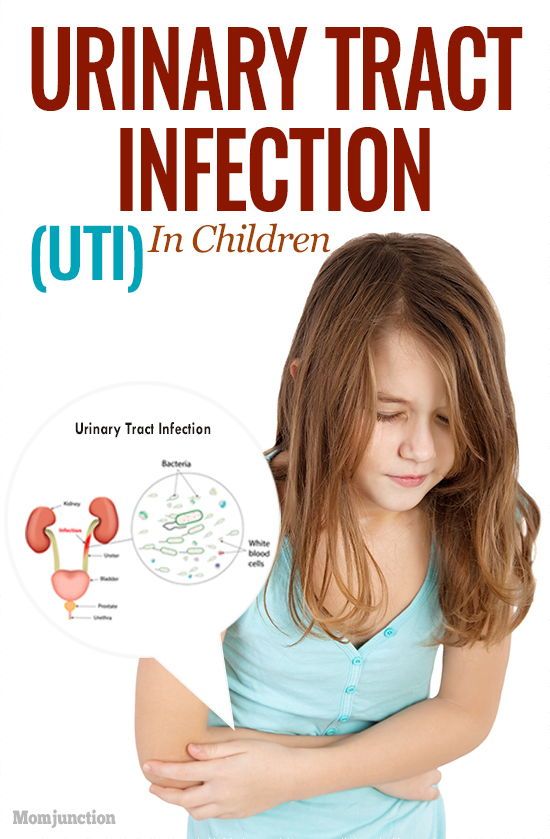
While taking the extended-release form of this medicine, part of the tablet may pass in a bowel movement. This is normal.
You and your child should know the names of all the medicines he or she is taking. Share this information with anyone involved in your child's care. Please bring the medicine container when your child comes to the clinic or emergency department.
Check the label and expiration date before giving each dose. Ask your pharmacist what to do with outdated or unused medicines. If there is no "take-back" program empty them into the trash.
Store all medicines in their original container and away from direct sunlight or heat. Do not store in humid places such as the bathroom. Keep them out of children's reach, locked up if possible.
Always make sure you have enough medicine on hand. Each time you refill your prescription, check to see how many refills are left. If no refills are left, the pharmacist will need 2 or 3 days to contact the clinic to renew the prescription.
If too much or the wrong kind of medicine is taken, call the Poison Control Center at 1-800-222-1222. If your child is unconscious or has a seizure, call 911.
Questions?
This is not specific to your child but provides general information. If you have any questions, please call your clinic or pharmacy.
Last reviewed 8/2015 ©Copyright
Back To Top
Medication for Kids With Depression
For kids with depression, experts agree that the first choice in medication treatment is the group of anti-depressant medications called SSRIs — selective serotonin reuptake inhibitors. And if the first SSRI a child is prescribed is not successful in combatting depression, they recommend trying another one, since individual kids respond differently to different SSRIs.
But before we say more about antidepressants, it’s important to keep in mind that not all kids who are depressed need to be treated with medication. For children and teenagers whose depression symptoms are mild, therapy is the recommended first choice. There are several kinds of therapy, including cognitive behavior therapy (CBT) and interpersonal therapy (IPT), that have been shown to be effective for kids with depression. If there’s no response with the therapy over a period of 12 weeks — or these therapies are not available — then SSRI medications should be considered.
There are several kinds of therapy, including cognitive behavior therapy (CBT) and interpersonal therapy (IPT), that have been shown to be effective for kids with depression. If there’s no response with the therapy over a period of 12 weeks — or these therapies are not available — then SSRI medications should be considered.
For kids with moderate to severe depression, an SSRI is usually recommended, either alone or in combination with therapy. For kids with severe symptoms, starting with combined therapy and medication is recommended. “Depression is serious and it can take one’s life,” notes Sarper Taskiran, MD, a child and adolescent psychiatrist at the Child Mind Institute. “It needs to be treated effectively and robustly.”
Planning depression treatment
The approach to medication treatment for each child varies, says Dr. Taskiran, because many children develop depression as a result of other challenges they are facing, including anxiety and ADHD. If they are treated only for depression, without recognizing the underlying problems, the treatment may not be effective.
So the first task for a clinician prescribing medication is to decide whether any other conditions need to be treated at the same time. In the period since the pandemic lockdown, Dr. Taskiran says, he’s seeing many young patients who had been dealing with anxiety or ADHD before who developed depression as their struggles compounded.
“I think, as clinicians, we need to be very careful not to just jump into treating depression as if it is something that happened just now,” he adds, “but examine the child’s history, the unfolding of the symptoms, so that we can address their needs.
How do antidepressants work?
Antidepressants usually work by balancing the levels of neurotransmitters — chemicals that send signals between neurons — in the brain. These chemicals include serotonin, dopamine, and norepinephrine. Higher levels of these chemicals usually correspond with lower levels of depression.
SSRIs work by increasing the availability of serotonin in the brain.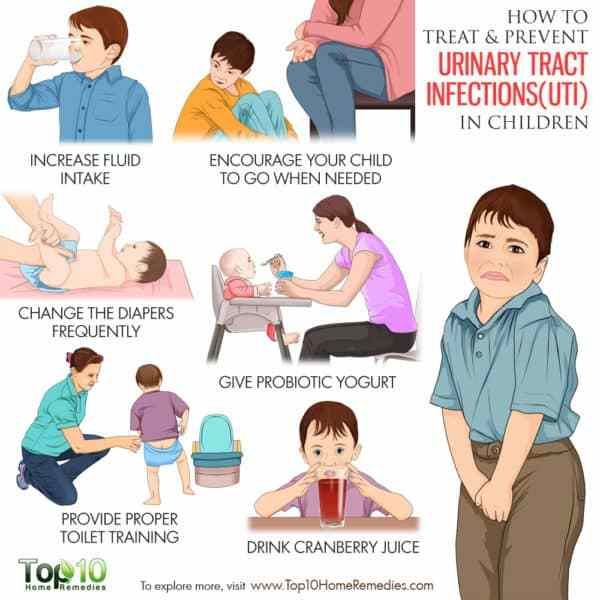 They are the first choice of medication for children and adolescents with depression because they have been shown to be effective in reducing symptoms and they have fewer problematic side effects than other kinds of antidepressants.
They are the first choice of medication for children and adolescents with depression because they have been shown to be effective in reducing symptoms and they have fewer problematic side effects than other kinds of antidepressants.
Another closely related category of antidepressant is SNRIs, or serotonin and norepinephrine reuptake inhibitors. Since SNRIs affect two kinds of neurotransmitters, they tend to produce more side effects, and are usually considered after SSRIs have been tried.
Starting an anti-depressant medication
SSRIs and SNRIs usually take four to six weeks to have an effect on depression symptoms, and their effectiveness continues to grow for several more weeks after that. The best dose — the most reduction of symptoms without problematic side effects — varies from child to child. So the doctor should start with a low dose and work up gradually.
There are several different SSRI medications a doctor might recommend as their first choice for a depressed child.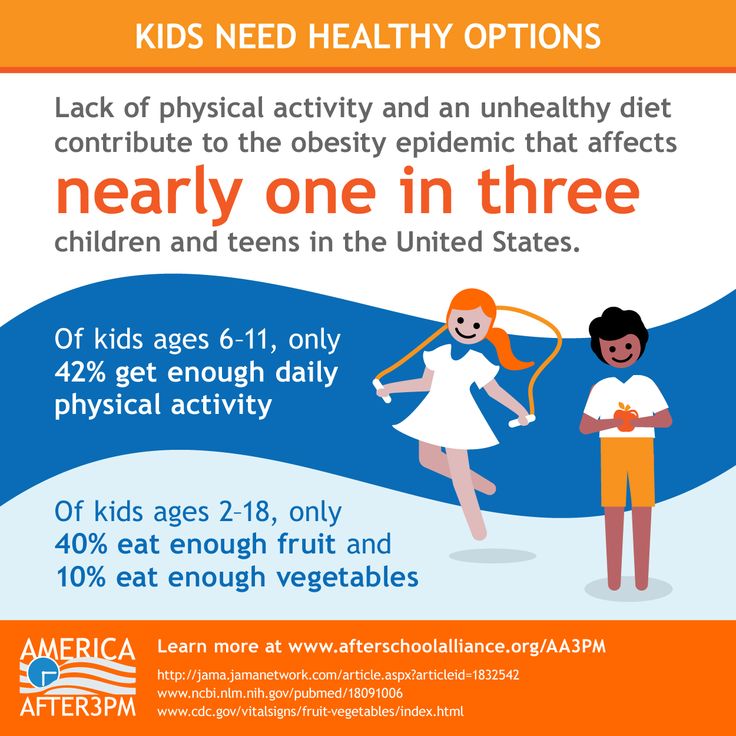 Only two, fluoxetine (Prozac) and escitalopram (Lexapro), have FDA approval for treatment of depression in children or teens. Fluoxetine is approved for kids 8 and up, and escitalopram for those 12 and up.
Only two, fluoxetine (Prozac) and escitalopram (Lexapro), have FDA approval for treatment of depression in children or teens. Fluoxetine is approved for kids 8 and up, and escitalopram for those 12 and up.
Fluoxetine is the most studied of the SSRIs — its effectiveness in kids has been confirmed by major studies — and it is the SSRI most often prescribed for teenagers and children with depression.
Other antidepressants have been approved for use in children but not specifically for depression. Sertraline (Zoloft) and Fluvoxamine (Luvox) are FDA approved for children with OCD (sertraline 6 and older, and fluvoxamine 8 and older). Duloxetine (Cymbalta), which is an SNRI, has FDA approval for anxiety in children and adolescents. All of these are also used for depression.
Doctors usually start by prescribing an SSRI that has been FDA approved for some use (if not depression) in children and teenagers. But if that isn’t successful, they may try other SSRIs that have FDA approval in adults, though not children. This is called “off-label” use of the medication.
This is called “off-label” use of the medication.
Lack of FDA approval for use in kids doesn’t mean that a medication hasn’t been thoroughly tested in clinical trials with kids. It reflects the fact that once a drug is approved for use in adults, the company that makes it often chooses not to go through the expensive FDA approval process again for use in kids.
In the case of anti-depressants, including those that don’t have FDA approval, other researchers have amassed a large body of evidence, including double-blind studies, for their safety and effectiveness for children and teens.
The SSRIs most commonly prescribed in children and teenagers are:
- Fluoxetine (Prozac)
- Escitalopram (Lexapro)
- Sertraline (Zoloft)
- Citalopram (Celexa)
- Fluvoxamine (Luvox)
- Paroxetine (Paxil)
SNRIs:
- Duloxetine (Cymbalta)
- Venlafaxine (Effexor)
Side effects of SSRIs and SNRIs are usually relatively mild, compared to other medications.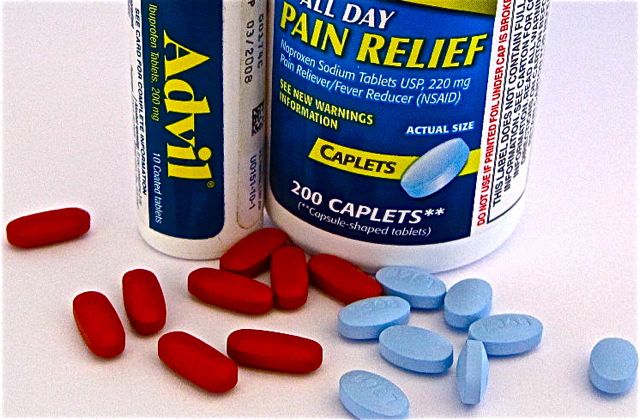 They are usually experienced during the first few weeks, and they decline over time. Clinicians should be in close touch with families during these first several weeks, monitoring how children are feeling and any changes in their behavior.
They are usually experienced during the first few weeks, and they decline over time. Clinicians should be in close touch with families during these first several weeks, monitoring how children are feeling and any changes in their behavior.
If side effects don’t decline and they’re making a child uncomfortable, it’s appropriate for the doctor to prescribe a different SSRI. Children who experience unpleasant side effects on one SSRI often respond differently to another.
Side effects can include:
- Nausea, vomiting or diarrhea
- Stomachaches
- Headache
- Drowsiness
- Dry mouth
- Insomnia
- Nervousness, agitation, or restlessness
- Activation — increasing irritability and impulsiveness
- Dizziness
- Reduced sexual desire
- Impact on appetite, leading to weight loss or weight gain
SSRIs and SNRIs come with what’s called a “Black Box” warning from the FDA that children and adolescents taking them may experience an increased risk of suicidal thoughts.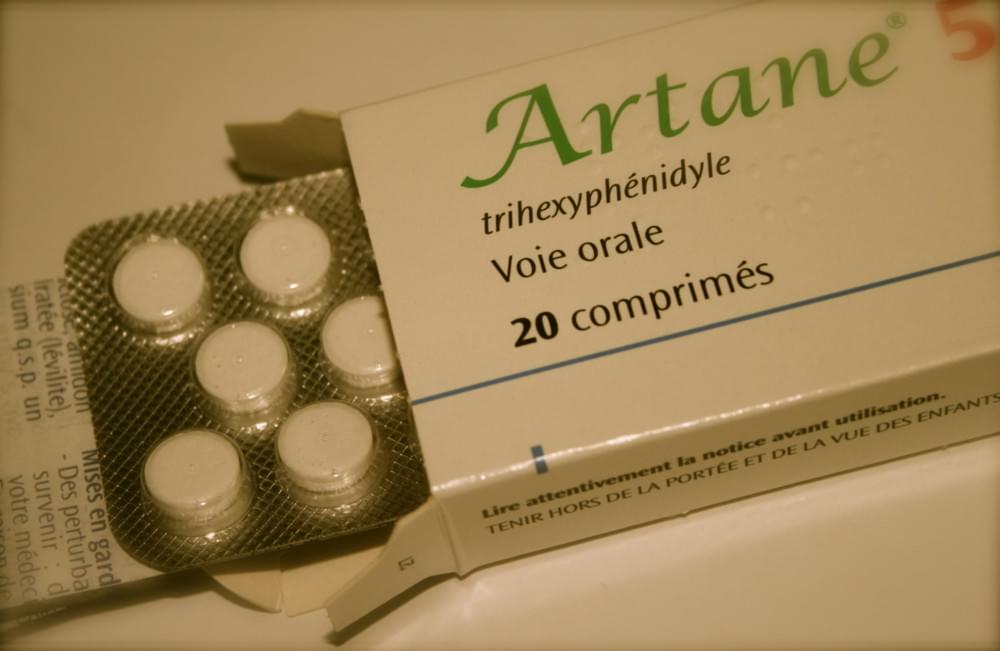 These medications have not been linked to attempted or completed suicides, but it’s recommended that clinicians and parents monitor kids taking them for any worsening in depression or emergence of suicidal thinking as they are adjusting to a new medication.
These medications have not been linked to attempted or completed suicides, but it’s recommended that clinicians and parents monitor kids taking them for any worsening in depression or emergence of suicidal thinking as they are adjusting to a new medication.
More recent research has not supported the increased risk of suicidal thoughts, Dr. Taskiran notes, and most experts conclude that the benefits of SSRIs outweigh the risks. Some research has found that suicide rates in children decrease when they take antidepressants.
Other antidepressants
Some other antidepressants are used to treat children when SSRIs aren’t effective for them, or when they have problems with side effects.
Bupropion (Wellbutrin) is an antidepressant that is called an NDRI (norepinephrine/dopamine-reuptake inhibitor). It works by increasing the availability in the brain of neurotransmitters norepinephrine and dopamine. Bupropion is FDA approved for depression in adults, but not in kids. Bupropion is prescribed off-label for kids with ADHD, and it can also be used for depression. It is sometimes added to an SSRI when the SSRI alone isn’t providing enough relief from symptoms. Adding buproprion can help ease sexual side effects of the SSRI if that is a concern for the adolescent.
Bupropion is prescribed off-label for kids with ADHD, and it can also be used for depression. It is sometimes added to an SSRI when the SSRI alone isn’t providing enough relief from symptoms. Adding buproprion can help ease sexual side effects of the SSRI if that is a concern for the adolescent.
There are several newer antidepressants that are FDA-approved for treatment of depression in adults, but they have not been studied extensively in children and adolescents. They are sometimes prescribed off-label, Dr. Taskiran explains, when kids have problems with side effects on SSRIs, particularly weight gain and sexual side effects.
One of them, mirtazapine (Remeron), is in a group of medications called tetracyclic antidepressants (TeCAs). By inhibiting a particular set of receptors in the brain, Mirtazapine causes an increased release of serotonin and norepinephrine.
Another, Vilazodone (Viibryd), increases the effect of serotonin in the brain in two ways — by slowing its removal and by stimulating serotonin receptors. Because of this dual activity, it is called a serotonin partial agonist–reuptake inhibitor (SPARI) and is expected to have more robust anti-anxiety action.
Because of this dual activity, it is called a serotonin partial agonist–reuptake inhibitor (SPARI) and is expected to have more robust anti-anxiety action.
When the first medication doesn’t work
Because more than a third of kids — between 55 and 65 percent — don’t respond to the initial antidepressant they take, it’s not unusual to try a second medication. Kids who don’t respond to the first often do find success with a different antidepressant. Therapy may also be added if it hasn’t been tried.
If a child does not have a clear response to the medication — about a 40 percent reduction in symptoms — after six weeks, a switch should be made, Dr. Taskiran says. “If we’re not seeing that, it’s not worthwhile to keep the patient on the same medication.”
But he emphasizes that a medication should not be rejected until it’s been tried for the full six weeks.
In a rush for improvement, he notes, a medication will sometimes be judged ineffective after just two weeks, and kids will be switched to a second choice.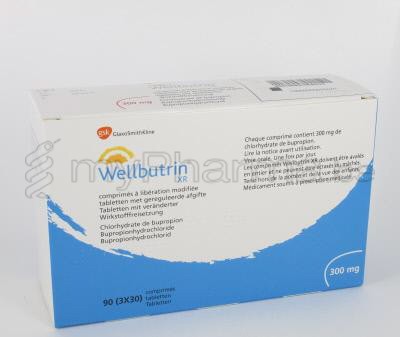 But two weeks isn’t enough time for an SSRI to become fully effective, so medications that are potentially useful can be discarded too quickly. “It’s really important that we give these medications enough of a chance, from a time perspective and a dose perspective, to be effective.”
But two weeks isn’t enough time for an SSRI to become fully effective, so medications that are potentially useful can be discarded too quickly. “It’s really important that we give these medications enough of a chance, from a time perspective and a dose perspective, to be effective.”
Of the kids who are switched to a second medication, he says, 60 percent of them respond to the second medication. “For those who are still non-responders,” Dr. Taskiron says, “we need to add either mood stabilizers or atypical antipsychotics to increase the remission rate.”
Of the mood stabilizers, lithium has been approved by the FDA for use in teenagers and children. Among atypical antipsychotics, aripiprazole (Abilify) and risperidone (Risperdal) are the ones that are most studied and most often used in kids, and they are FDA approved for some uses in kids. Aripiprazole is often the first choice because it has fewer problematic side effects than lithium or risperidone.
If a second medication isn’t successful, Dr.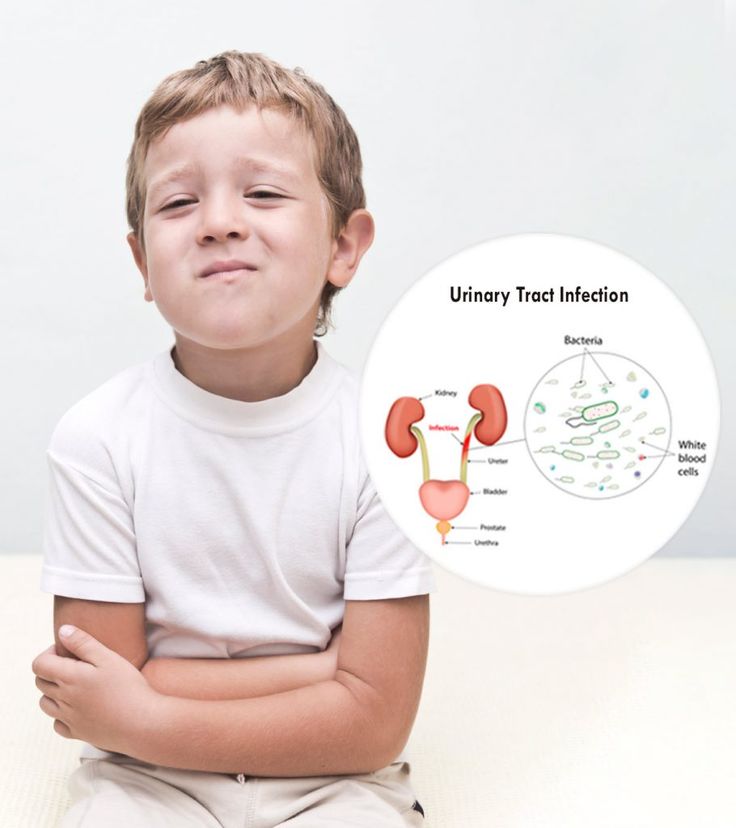 Taskiran notes that it’s also important to look at the diagnosis again, to consider whether there might be other factors going on that are affecting the outcome. “We know that family conflict, drug and alcohol use, and comorbid disorders are sometimes the culprit, and when we address those, we can get a better remission.”
Taskiran notes that it’s also important to look at the diagnosis again, to consider whether there might be other factors going on that are affecting the outcome. “We know that family conflict, drug and alcohol use, and comorbid disorders are sometimes the culprit, and when we address those, we can get a better remission.”
How long should kids keep taking antidepressants?
When teenagers or children are treated successfully with an antidepressant, experts advise that they stay on the medication for nine months to a year after their symptoms are gone to prevent a relapse. “This is usually the time that is needed for the brain to correct the chemical imbalances that result in depression,” Dr. Taskiran explains.
If there’s a relapse after the child has tapered down and gone off the medication, longer treatment may be needed to help prevent recurrence.
About one in three kids treated for depression, he adds, will need more time on the medication. “After two years, we can stop the medication again, cautiously and carefully.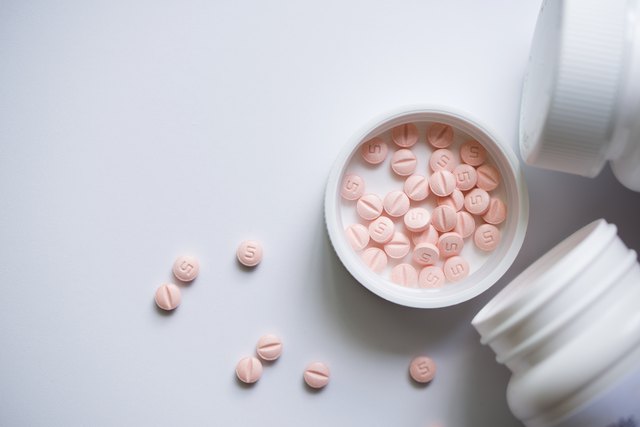 But if we see another relapse, a second relapse, continuing on SSRIs indefinitely may be the best course.”
But if we see another relapse, a second relapse, continuing on SSRIs indefinitely may be the best course.”
How do kids tend to feel about taking antidepressants?
For children and teenagers, getting a diagnosis of depression can be a relief, because they understand that the way they are feeling is not a permanent condition. “Depressed kids are often thinking that there is something inherently wrong with them,” Dr. Taskiran explains, “that they are built this way, and that’s the core belief that leads to suicidal ideation. They think they are flawed and that’s why they give up on themselves so easily.”
When they understand that this is a disorder that can be treated, they usually welcome it. In his experience, he says, most are comfortable with the idea of medication.
Having said that, he adds, teenagers need parental support to make sure they are compliant with treatment. “They’re kids. No 14-year-old should be responsible to remember to take their medication every day.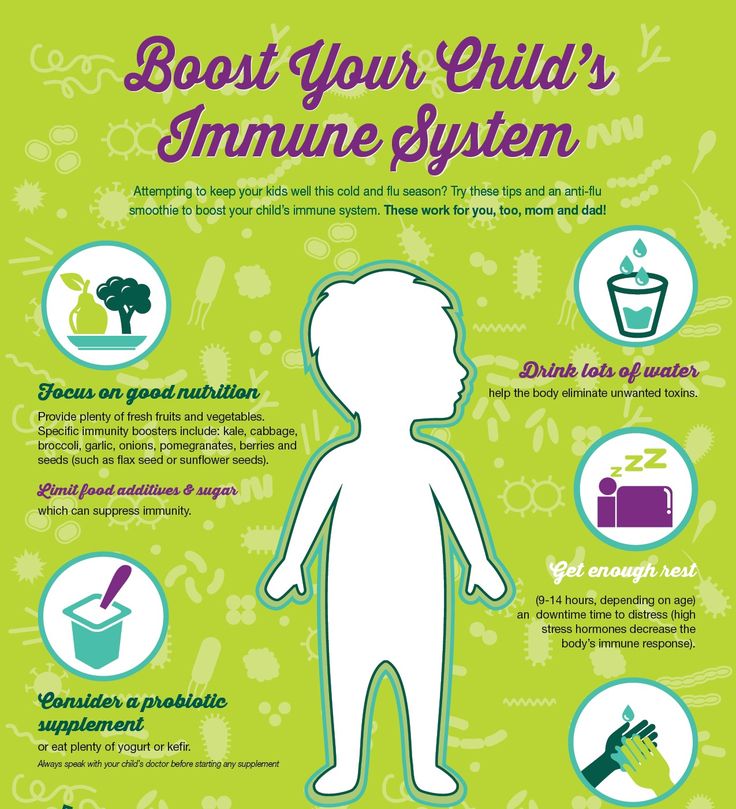 ”
”
Dr. Taskiran notes that success in treatment depends on the patient, the parents, and the provider all being on the same page. “I usually tell parents, ‘Look, we need to have a trusting relationship and you need to be on board with the process that is your child’s treatment in order for this to work.’ “
Memorial Sloan Kettering Cancer Center
Adult Medication
ShareProvided by Lexicomp ® , this document contains all the information you need to know about this medicine, including indications, directions for use, side effects, and when your healthcare provider should be contacted.
Trade names: USA
Aplenzin; Forfivo XL; Wellbutrin SR; Wellbutrin XL; Zyban [DSC]
Trade names: Canada
MYLAN-BuPROPion XL [DSC]; ODAN Bupropion SR; TARO-Bupropion XL; TEVA-Bupropion XL; Wellbutrin SR; Wellbutrin XL; Zyban
Warning
- Drugs like this have increased the likelihood of suicidal thoughts or actions in children and young people.
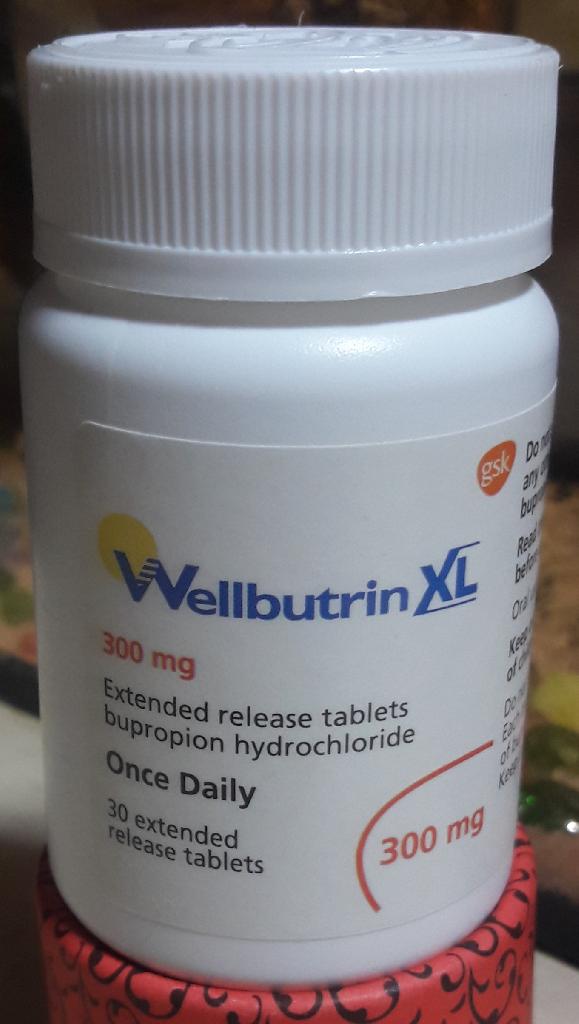 This risk may be higher in people who have tried or had suicidal thoughts in the past. All people taking this drug must be closely monitored. If you develop or worsen disorders such as depression, nervousness, anxiety, grouchiness, panic attacks, and changes in mood or behavior, contact your doctor immediately. Contact your doctor immediately if you have suicidal thoughts or suicide attempts. nine0006
This risk may be higher in people who have tried or had suicidal thoughts in the past. All people taking this drug must be closely monitored. If you develop or worsen disorders such as depression, nervousness, anxiety, grouchiness, panic attacks, and changes in mood or behavior, contact your doctor immediately. Contact your doctor immediately if you have suicidal thoughts or suicide attempts. nine0006
What is this drug used for?
- Used to treat depression.
- Used to prevent seasonal affective disorder (SAD).
- Used to stop smoking.
- This drug may also be used for other indications. Consult your doctor.
What should I tell my doctor BEFORE taking this drug?
- If you have an allergy to this drug, any of its ingredients, other drugs, foods or substances. Tell your doctor about your allergies and how they have manifested. nine0006
- If you have ever had seizures.
- If you abuse alcohol and suddenly stopped using it.
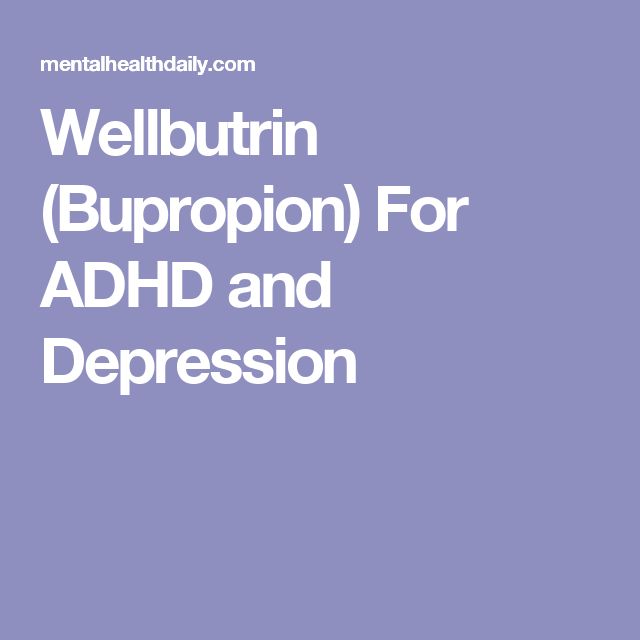
- If you are taking certain other drugs, such as anticonvulsants or tranquilizers, and you stop taking them abruptly.
- If you have ever had an eating disorder such as anorexia or bulimia.
- If you have any of the following health conditions: kidney disease or liver disease. nine0006
- If you have taken medications for depression or Parkinson's disease in the past 14 days. These include isocarboxazid, phenelzine, tranylcypromine, selegiline, or rasagiline. An episode of very high blood pressure may occur.
- If you are taking any of the following drugs: linezolid or methylene blue.
- If you are taking another drug that contains the same medicine.
This list of drugs and conditions that may interact with this drug is not exhaustive. nine0003
Tell your doctor and pharmacist about all medicines you take (both prescription and over-the-counter, natural products and vitamins) and any health problems you have. You need to make sure that this drug is safe for your conditions and in combination with other drugs you are already taking.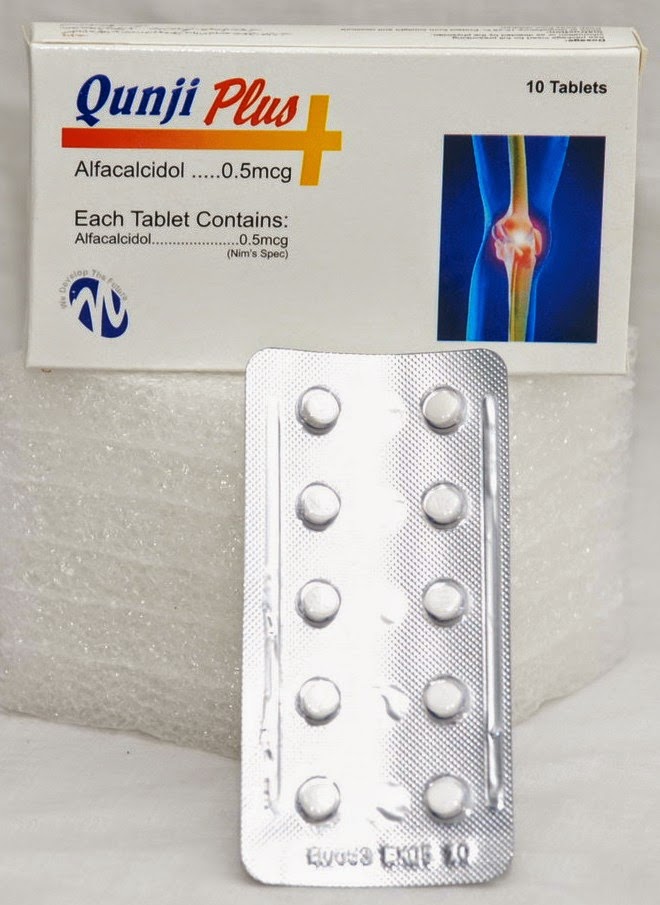 Do not start or stop taking any drug or change the dosage without your doctor's advice. nine0003
Do not start or stop taking any drug or change the dosage without your doctor's advice. nine0003
What do I need to know or do while taking this drug?
For all patients taking this drug:
- Tell all your health care workers that you are taking this drug. These are doctors, nurses, pharmacists and dentists.
- Avoid driving or doing other tasks or jobs that require alertness or keen eyesight until you know how this drug affects you. nine0006
- This drug may affect the results of some lab tests. Tell all your health care workers and laboratory staff that you are taking this drug.
- Do not stop taking this drug abruptly without consulting your doctor. This can increase the risk of side effects. If necessary, taking this drug should be stopped gradually, in accordance with the recommendations of the doctor.
- High blood pressure has happened with this drug. Monitor your blood pressure as directed by your doctor. nine0006
- This drug may increase the risk of seizures.
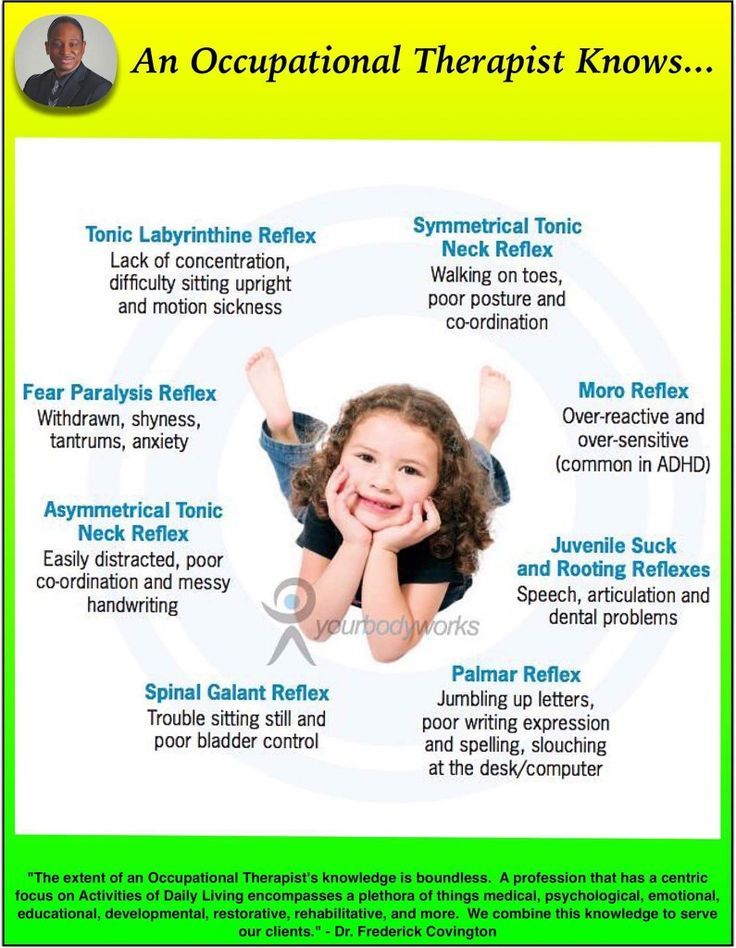 The risk may be increased in people who take higher doses of the drug, who have certain health problems, or who use certain other drugs. People who abruptly stop drinking large amounts of alcohol or abruptly stop taking certain medications (such as drugs used for anxiety, insomnia, or seizures) are also at higher risk. Talk to your doctor to find out if you have an increased risk of seizures. nine0006
The risk may be increased in people who take higher doses of the drug, who have certain health problems, or who use certain other drugs. People who abruptly stop drinking large amounts of alcohol or abruptly stop taking certain medications (such as drugs used for anxiety, insomnia, or seizures) are also at higher risk. Talk to your doctor to find out if you have an increased risk of seizures. nine0006 - Avoid drinking alcohol while taking this drug.
- Check with your doctor before using marijuana, other forms of cannabis, or prescription or over-the-counter drugs that can slow you down.
- It may take several weeks to achieve full effect.
- This drug is not approved for use in children. Consult your doctor.
- If you are 65 years of age or older, use this drug with caution. You may experience more side effects. nine0006
- Tell your doctor if you are pregnant, planning to become pregnant, or breastfeeding. The benefits and risks for you and your child will need to be discussed.

If you smoke:
- Not all drugs are approved for use to help you quit smoking. Check with your doctor to make sure you get the right drug.
- When using bupropion for smoking cessation, the appearance of new or aggravation of existing disorders of the psyche, mood or behavior was noted. These disturbances include suicidal or homicidal thoughts, depression, violent acts, rage, anxiety and anger. These disorders have been observed in people with and without mental and mood disorders in the past. Consult your doctor. nine0006
What side effects should I report to my doctor immediately?
WARNING. In rare cases, this drug can cause serious and sometimes deadly side effects in some patients. Contact your doctor or seek medical attention right away if you have any of the following signs or symptoms that may be associated with serious side effects:
- Signs of an allergic reaction, such as rash, hives, itching, red and swollen skin with blisters or peeling, possibly accompanied by fever, wheezing or wheezing, tightness in the chest or throat, difficulty breathing, swallowing or speaking, unusual hoarseness, swelling in the mouth, face, lips, tongue or throat.
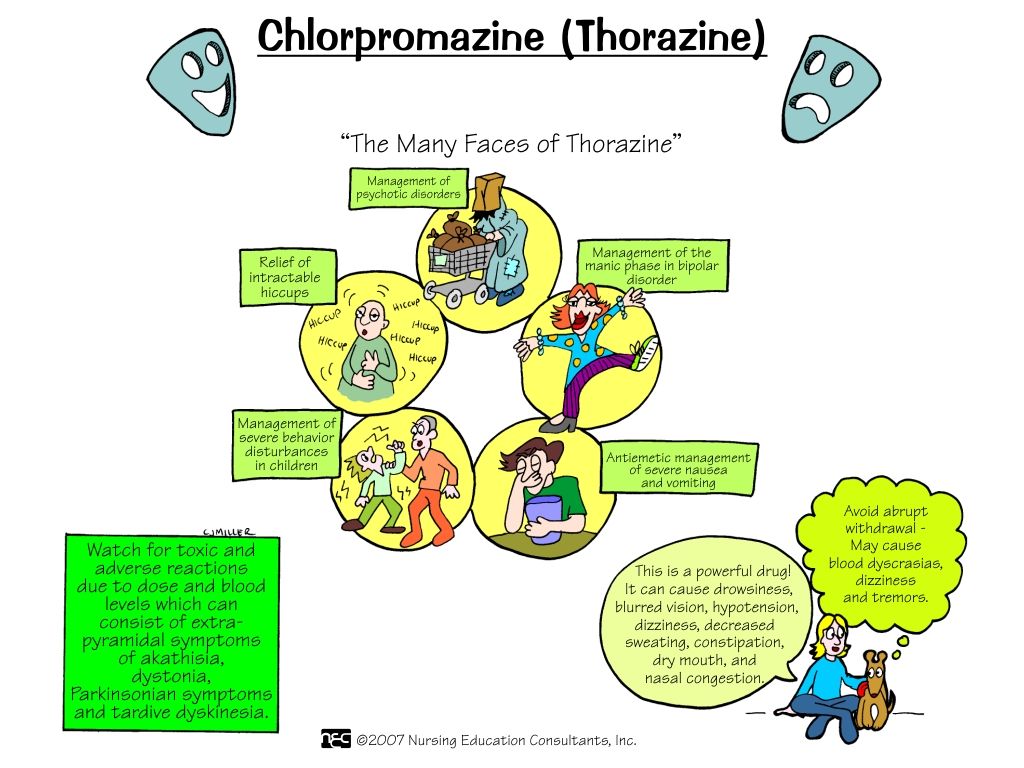 nine0006
nine0006 - Signs of high blood pressure, such as a very severe headache, or dizziness, or loss of consciousness, or blurred vision.
- Feelings of confusion, inability to concentrate, or changes in behavior.
- Hallucinations (a person sees or hears something that is not in reality).
- If, after starting the medication, seizures become more frequent or severe.
- Chest pain, angina pectoris, tachycardia, or abnormal heart rhythm. nine0006
- Inflammation.
- Dyspnea.
- Hearing change.
- Tinnitus.
- Frequent urination.
- Swelling of the gland.
- Violation of motor functions.
- Some patients may be at increased risk of eye problems when using this drug. Your doctor may order an eye examination to see if you are at increased risk for these eye problems. Call your doctor right away if you have eye pain, vision changes, swelling or redness around the eye. nine0006
- Possible severe skin reaction (Stevens-Johnson syndrome/toxic epidermal necrolysis).
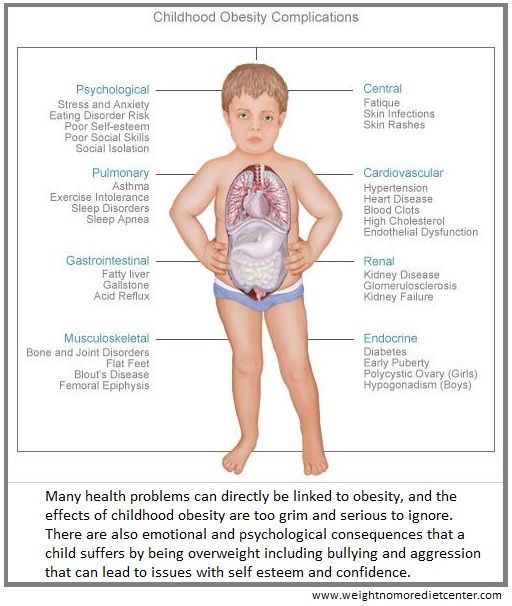 This can lead to severe health problems, which can be permanent, and sometimes death. Seek immediate medical attention if you experience symptoms such as redness, swelling of the skin with blistering or peeling (with or without fever), redness or irritation of the eyes, and sores in the mouth, throat, nose, or eyes. nine0006
This can lead to severe health problems, which can be permanent, and sometimes death. Seek immediate medical attention if you experience symptoms such as redness, swelling of the skin with blistering or peeling (with or without fever), redness or irritation of the eyes, and sores in the mouth, throat, nose, or eyes. nine0006
What are some other side effects of this drug?
Any medicine can have side effects. However, for many people, side effects are either minor or non-existent. Contact your doctor or seek medical attention if these or any other side effects bother you or do not go away:
All formulations:
- Dizziness or headache.
- Constipation, diarrhea, abdominal pain, nausea, vomiting, or decreased appetite. nine0006
- Shiver.
- Nervous tension and agitation.
- Strange or unusual dreams.
- Gas formation.
- Dry mouth.
- Sleep disorders.
- Pain in the joints or muscles.

- Irritation of the nose or throat.
- Excessive sweating.
- Unexplained fluctuations in weight.
Extended release tablets:
- The tablet shell of some brand name drugs can sometimes be seen in the stool. For drugs of these brands, this is normal and does not cause concern. If you have any questions, please consult your doctor. nine0006
This list of possible side effects is not exhaustive. If you have any questions about side effects, please contact your doctor. Talk to your doctor about side effects.
You can report side effects to the National Health Board.
You can report side effects to the FDA at 1-800-332-1088. You can also report side effects at https://www.fda.gov/medwatch. nine0003
What is the best way to take this drug?
Use this drug as directed by your doctor. Read all the information provided to you. Strictly follow all instructions.
For all uses of this drug:
- Do not take the drug more often than prescribed.
 This may increase your risk of developing seizures. Make sure you know at what intervals you need to use the drug. nine0005 Take in the morning if you are taking this drug once a day.
This may increase your risk of developing seizures. Make sure you know at what intervals you need to use the drug. nine0005 Take in the morning if you are taking this drug once a day. - Take this drug with or without food.
- If you cannot sleep, do not take this drug at bedtime. Consult your doctor.
- Swallow whole. Do not chew, break or crush.
- Keep taking this drug as instructed by your doctor or other health care professional, even if you feel well. nine0006
- If you have difficulty swallowing, check with your doctor.
Smoking cessation:
- You can take this drug for 1 week before you stop smoking.
- Nicotine replacement and psychological help can be done at the same time for best results.
- If you have not been able to stop smoking after 12 weeks of taking this drug, talk with your doctor. nine0005 When you try to quit smoking, you may experience nicotine withdrawal symptoms even if you use quit smoking drugs like this drug.
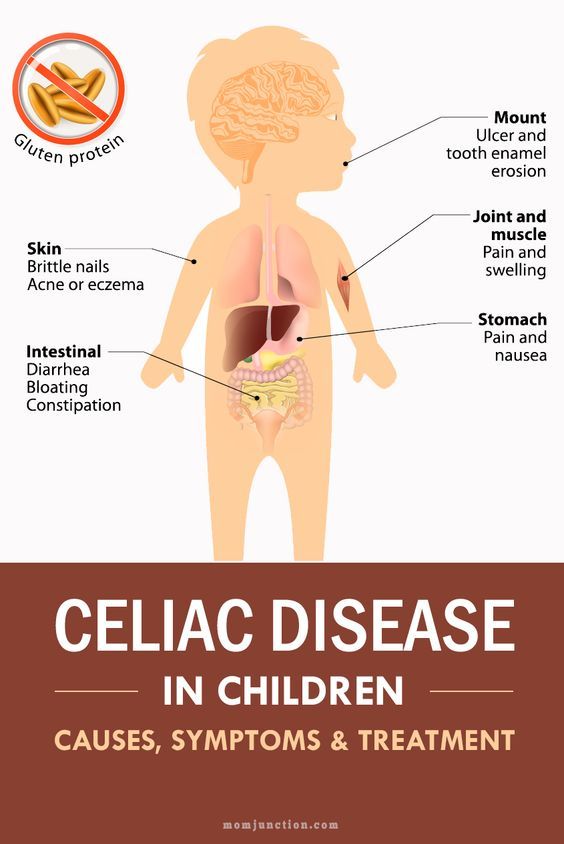 There are many signs of nicotine withdrawal. People who are trying to quit smoking have occasionally experienced depression and suicidal thoughts. Consult with your physician.
There are many signs of nicotine withdrawal. People who are trying to quit smoking have occasionally experienced depression and suicidal thoughts. Consult with your physician. What if I miss a dose of a drug?
- Skip the forgotten dose and return to your regular schedule. nine0006
- Do not take 2 doses or an additional dose at the same time.
How do I store and/or discard this drug?
- Store at room temperature, protected from light. Store in a dry place. Do not store in the bathroom.
- Keep all medicines in a safe place. Keep all medicines out of the reach of children and pets.
- Dispose of unused or expired drugs. Do not empty into a toilet or sewer unless instructed to do so. If you have any questions about disposing of medicines, ask your pharmacist. Drug disposal programs may be in place in your area. nine0006
General information about medicines
- If your health does not improve or even worsens, see your doctor.

- Do not give your medicine to anyone and do not take other people's medicines.
- Some medicines may come with other patient information leaflets. If you have questions about this drug, talk with your doctor, nurse, pharmacist, or other health care professional. nine0006
- A separate instruction for patients is attached to the drug. Please read this information carefully. Reread it each time you refill your supply. If you have any questions about this drug, ask your doctor, pharmacist, or other health care professional.
- If you think you have overdosed, call a poison control center or get medical help right away. Be prepared to tell or show what drug you took, how much, and when it happened. nine0006
Consumer Use of Information and Limitation of Liability
This summary information includes a summary of the diagnosis, treatment, and/or drug product. It is not intended to be a comprehensive source of data and should be used as a tool to help the user understand and/or evaluate potential diagnostic and treatment options.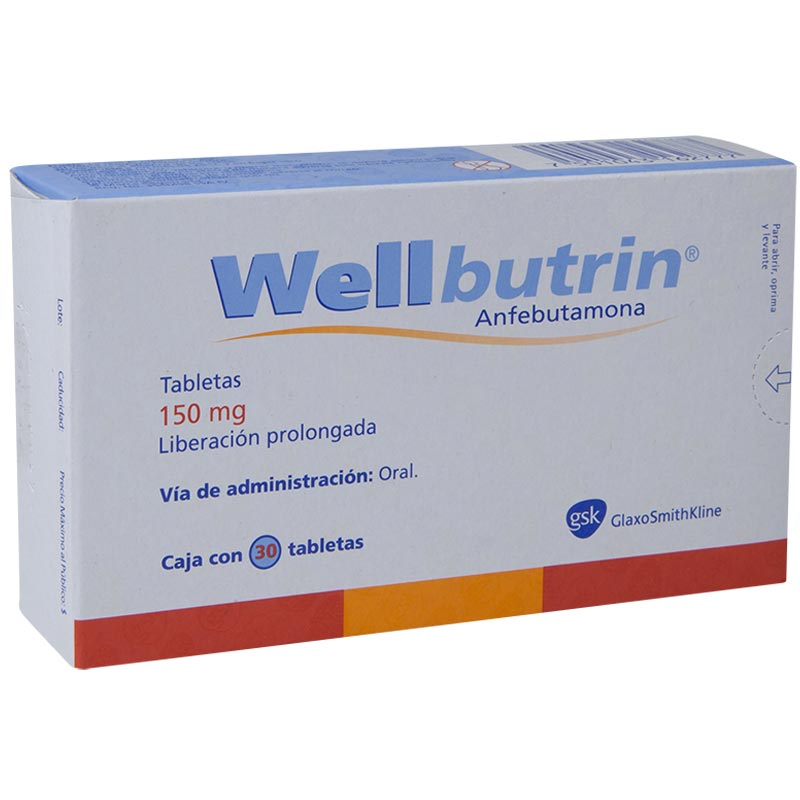 It does NOT include all information about conditions, treatments, medications, side effects, or risks that may apply to a particular patient. It should not be considered medical advice or a substitute for medical advice, diagnosis or treatment provided by a physician based on a medical examination and assessment of the patient's specific and unique circumstances. Patients should consult with their physician for full information about their health, medical issues, and treatment options, including any risks or benefits regarding the use of medications. This information is not a guarantee that a treatment or drug is safe, effective, or approved for a particular patient. UpToDate, Inc. and its subsidiaries disclaim any warranties or liabilities related to this information or its use. The use of this information is subject to the Terms of Use found at https://www.wolterskluwer.com/en/know/clinical-effectiveness-terms. nine0003
It does NOT include all information about conditions, treatments, medications, side effects, or risks that may apply to a particular patient. It should not be considered medical advice or a substitute for medical advice, diagnosis or treatment provided by a physician based on a medical examination and assessment of the patient's specific and unique circumstances. Patients should consult with their physician for full information about their health, medical issues, and treatment options, including any risks or benefits regarding the use of medications. This information is not a guarantee that a treatment or drug is safe, effective, or approved for a particular patient. UpToDate, Inc. and its subsidiaries disclaim any warranties or liabilities related to this information or its use. The use of this information is subject to the Terms of Use found at https://www.wolterskluwer.com/en/know/clinical-effectiveness-terms. nine0003
Copyright
© UpToDate, Inc. and its affiliates and/or licensors, 2022.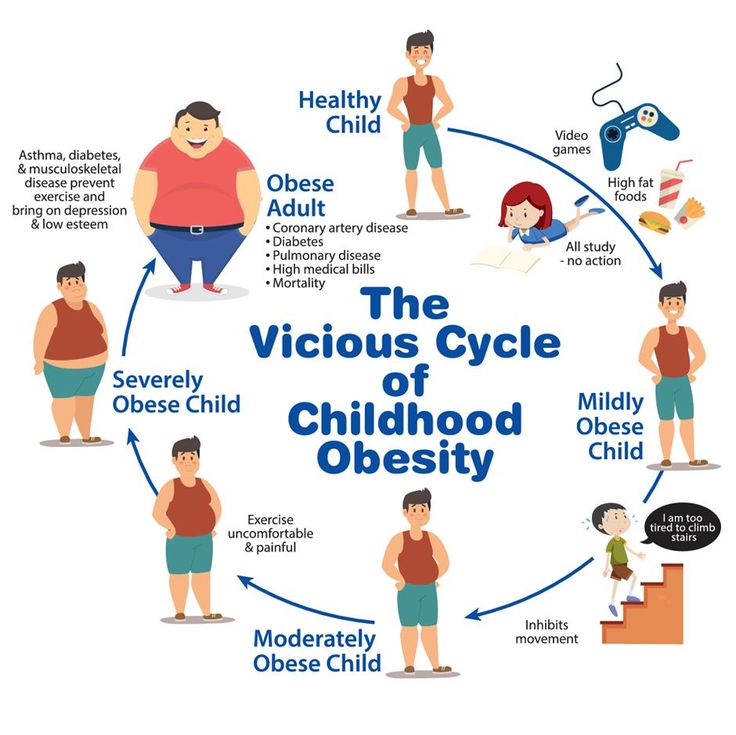 All rights reserved.
All rights reserved.
Bupropion gave criminal complications - Gazeta Kommersant No. 29 (6750) dated February 18, 2020 psychiatrists consider it a legal antidepressant. Astrakhan customs opened a large-scale drug smuggling case against Olga Kalinovskaya, suffering from a psychiatric illness, who received pills in the mail. The woman claims that she did not even order the medicine - the package was allegedly a New Year's gift from a friend who advised her on treatment. Experts point out that bupropion is not banned in Russia, but this does not interfere with judging for its purchase. nine0003
Photo: Sergey Mikheev, Kommersant / buy photo
Photo: Sergey Mikheev, Kommersant / buy photo
Olga Kalinovskaya lived in Ukraine since 2008, where she was diagnosed with a depressive personality disorder. In 2012, an acquaintance of hers, a teacher who works with special children, suggested that the woman might also have attention deficit hyperactivity disorder (ADHD).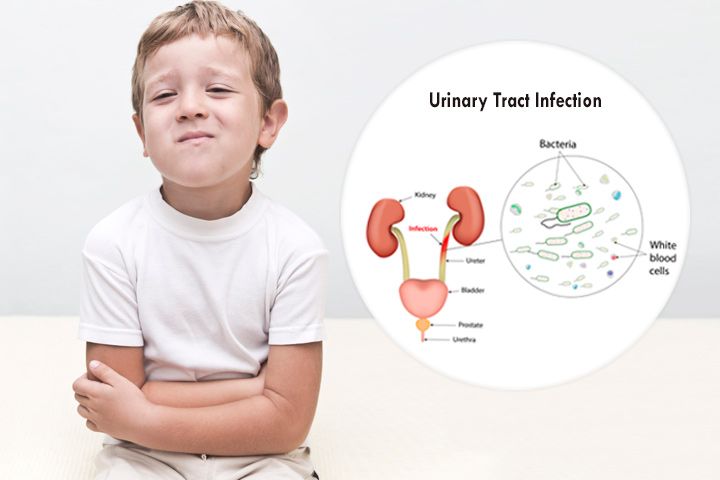 She advised me to contact a friend from Norway who lives with ADHD himself and consults other patients remotely. He confirmed the diagnosis of Olga Kalinovskaya and recommended bupropion for treatment; she several times ordered the drug to Ukraine from an Indian pharmaceutical company without any problems. nine0003
She advised me to contact a friend from Norway who lives with ADHD himself and consults other patients remotely. He confirmed the diagnosis of Olga Kalinovskaya and recommended bupropion for treatment; she several times ordered the drug to Ukraine from an Indian pharmaceutical company without any problems. nine0003
Abroad Bupropion is completely legal and is prescribed by doctors as an antidepressant or to help quit smoking. Foreign pharmaceutical companies produce bupropion tablets under different names: Zyban, Elontril, Wellbutrin. Until 2016, it was also sold in Russia, and the Ministry of Health even included it in the standards for the provision of medical care. But then the manufacturer left the Russian market and withdrew the license from the State Register of Medicines. By law, such drugs without a license can be bought and sold as dietary supplements. nine0288
In 2017, Olga Kalinovskaya returned to Volgograd with her husband and child to take care of her elderly mother. The woman passed a psychiatric commission, but Russian doctors did not confirm ADHD. She was given a different diagnosis (she asked not to disclose it to the media) and prescribed treatment. Ivan Martynikhin, a member of the executive committee of the Russian Society of Psychiatrists, told Kommersant that ADHD is poorly diagnosed in Russia: “Doctors do not know that it persists in adults. I see patients who come in with a depressive disorder, and ADHD is at the root." nine0003
The woman passed a psychiatric commission, but Russian doctors did not confirm ADHD. She was given a different diagnosis (she asked not to disclose it to the media) and prescribed treatment. Ivan Martynikhin, a member of the executive committee of the Russian Society of Psychiatrists, told Kommersant that ADHD is poorly diagnosed in Russia: “Doctors do not know that it persists in adults. I see patients who come in with a depressive disorder, and ADHD is at the root." nine0003
At the same time, the psychiatrist emphasized that one should not engage in self-examination: “Only in half of the patients who came to see me and complained of ADHD, the syndrome was actually confirmed.”
At the end of December 2019, Kalinovskaya received a notification about the delivery of an unknown package from India. She was detained at the post office - it turned out that the package contained 300 bupropion tablets. According to Mrs. Kalinovskaya, this was a complete surprise for her. Later, the woman found out that the same patient-consultant from Norway had sent the drug.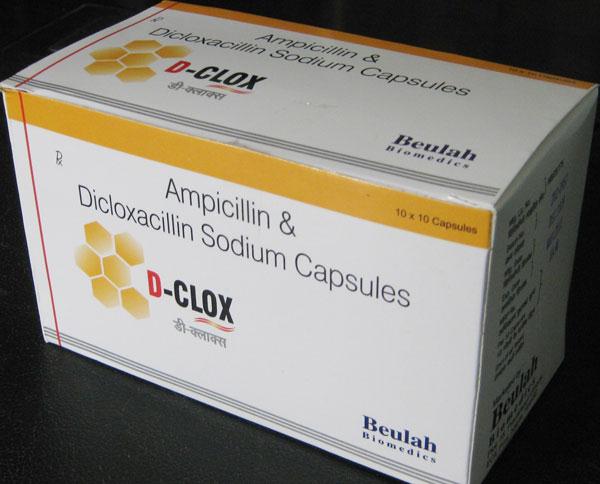 “He didn’t warn me, he sent me pills for his money. He explained that he knew about my problem and just wanted to help,” said Olga Kalinovskaya. As a result, the Astrakhan customs opened a criminal case against Ms. Kalinovskaya under Part 3 of Art. 229.1 of the Criminal Code of the Russian Federation (drug smuggling on an especially large scale, the maximum penalty is up to 20 years in prison). Customs experts considered that the tablets contained "derivatives" of the illegal drug ephedron.
“He didn’t warn me, he sent me pills for his money. He explained that he knew about my problem and just wanted to help,” said Olga Kalinovskaya. As a result, the Astrakhan customs opened a criminal case against Ms. Kalinovskaya under Part 3 of Art. 229.1 of the Criminal Code of the Russian Federation (drug smuggling on an especially large scale, the maximum penalty is up to 20 years in prison). Customs experts considered that the tablets contained "derivatives" of the illegal drug ephedron.
As Kommersant already told, in early 2019, Russian law enforcement agencies began to arrest citizens ordering drugs with bupropion in foreign online stores. The fact is that in Russian legislation since 2012 there is the concept of “derivatives of narcotic drugs” - this is the name of substances created by slightly changing the chemical formula of the drug. "Derivatives" are not listed as banned substances, but are still considered drugs. This wording appeared as part of the fight against new types of drugs, primarily "spice" - manufacturers quickly changed parts of the formula, which made it possible for some time to sell the drug without the threat of punishment. However, lawyers and narcologists already then criticized the idea of “derivatives” for legal uncertainty: they warned that sooner or later legal pharmaceuticals would fall under the ban. nine0003
However, lawyers and narcologists already then criticized the idea of “derivatives” for legal uncertainty: they warned that sooner or later legal pharmaceuticals would fall under the ban. nine0003
There are already about ten criminal cases of bupropion smuggling, at least two people are in jail.
At the same time, the Russian Society of Psychiatrists (ROP) published an official conclusion in August 2019 that bupropion is not a drug and does not lead to dependence. Ivan Martynikhin, a member of the executive committee of the ROP, said that patients applied to the society with a request to include bupropion in clinical recommendations. The psychiatrist told Kommersant that the drug has practically no analogues and "kills two birds with one stone: bupropion is good in the treatment of depression and affects the cause - attention deficit hyperactivity disorder." Ivan Martynikhin noted that bupropion does not have severe side effects, which is important for patients with bipolar depression. Moreover, the drug can be prescribed in addition to the main drugs to correct side effects. nine0003
Moreover, the drug can be prescribed in addition to the main drugs to correct side effects. nine0003
Legal consultant on drug-related cases, expert of the Institute of Human Rights Arseniy Levinson draws attention to the fact that no Russian legal act prohibits bupropion for circulation in the Russian Federation, nowhere is it officially indicated that it is considered a drug. “If a person does not read the news, then there is no way for him to know that bupropion is recognized by the police as a derivative of ephedron,” says Mr. Levinson. “Obviously, such a person cannot commit smuggling, a crime involving direct intent. In other words, the person must know that he is committing a crime and desire it. How could Olga Kalinovskaya know that the medicine she freely bought in Ukraine suddenly turned out to be a drug in Russia?” According to him, "the authorities stubbornly ignore" the problem of criminal liability for "derivatives". Mr. Levinson participates in the work of the Duma working group on improving anti-drug legislation; summer 2019years he spoke there about the situation with bupropion. “The representative of the Ministry of Internal Affairs said that they are aware of the problem, that the police are humanely sorry for those who are persecuted for purchasing medicine for medical reasons, but nothing needs to be changed,” said Arseniy Levinson.
“The representative of the Ministry of Internal Affairs said that they are aware of the problem, that the police are humanely sorry for those who are persecuted for purchasing medicine for medical reasons, but nothing needs to be changed,” said Arseniy Levinson.
“As a result, I face 20 years in prison for inaccuracies in the legislation,” says Olga Kalinovskaya.
Recall that the first criminal case on the smuggling of bupropion was initiated in April 2019 by the Ural customs against Daria Belyaeva, who ordered an antidepressant from Poland. As Irina Ruchko, the girl's lawyer, told Kommersant, in January 2020 the case was returned for additional investigation for the third time - with the wording that the investigation "did not specify the circumstances of socially dangerous acts." According to her, now the investigator intends to send several requests: “At least, to the medical institution where Daria was treated - to find out what drugs she was prescribed in connection with the disease.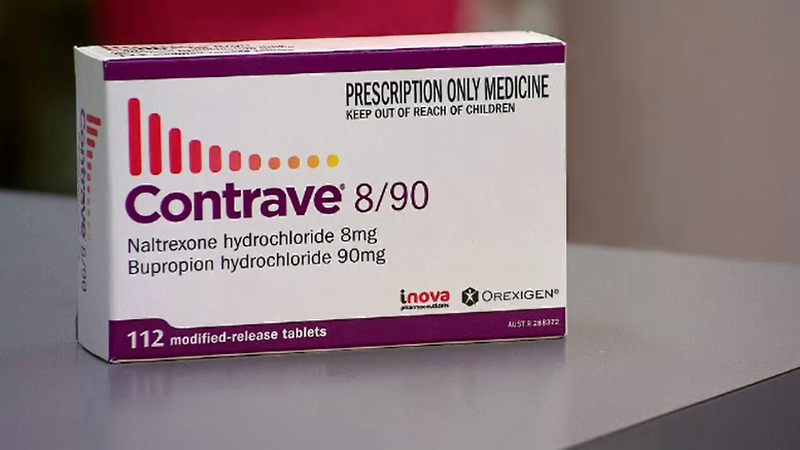 And to the Ministry of Health - to find out the attitude of the department towards bupropion. nine0003
And to the Ministry of Health - to find out the attitude of the department towards bupropion. nine0003
The lawyer said that the investigator himself became the object of a departmental check: “Initially, the defense was acquainted with the decision on the appointment of an examination on bupropion, where the expert was asked five questions. And then the same decision appeared in the case file, only with three questions. In simple terms, this means that the investigator replaced one decision with another.” The lawyer sent a petition, after which the Investigative Committee checked the actions of the investigator. “The results are not yet known to me, but I very much doubt that a criminal case will be initiated,” she said. nine0003
During the investigation, Darya Belyaeva was assigned an additional psychiatric examination - the girl was declared insane. “If the court concludes that she is guilty, then she will be sent to compulsory outpatient treatment,” the lawyer explained. “That is, in any case, she is not threatened with a colony now.